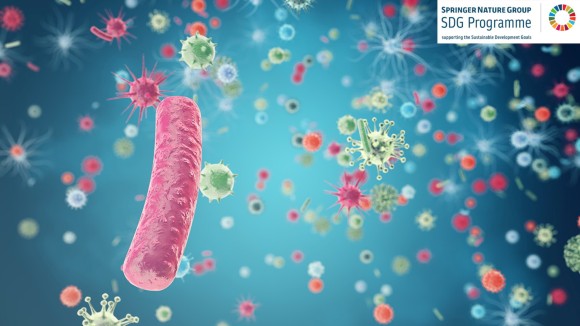Communications Biology is edited by both in-house professional editors and Editorial Board Members.
Nature Communications is edited by in-house professional editors.
Scientific Reports is managed by in-house professional editors and edited by Editorial Board Members.
Our editors work closely together to ensure the quality of our published papers and consistency in author experience.
Guest Editor for Communications Biology:
 Linn Hoffmann, PhD, University of Otago, New Zealand
Linn Hoffmann, PhD, University of Otago, New Zealand
Linn Hoffmann is an Associate Professor in the Department of Botany at the University of Otago, New Zealand. Dr Hoffmann completed her PhD in marine biogeochemistry at the University of Kiel, Germany, in 2007. After postdoctoral stays in Gothenburg, Sweden and Dunedin, New Zealand, she became the head of an Emmy Noether Young investigator group at the University of Kiel before accepting a position at the University of Otago. Dr Hoffmann is the Director of the Future Ocean Research Theme and specialises in marine phytoplankton eco-physiology. Her work concentrates on the implications of climate change and other environmental stressors on phytoplankton communities and phytoplankton-bacterial interactions. She has a special interest in the effects of trace metal release from volcanic eruptions on marine phytoplankton communities.

